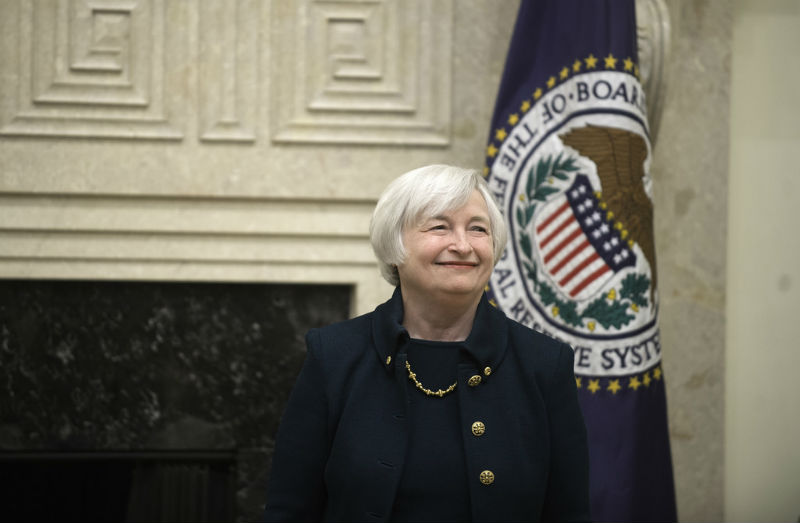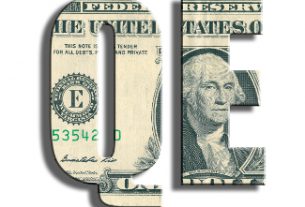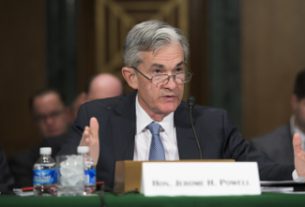Janet Yellen’s final press conference as Chairman of the Federal Reserve’s Board of Governors underscored everything that is wrong with the Fed and with the modern economics profession. Two particular examples demonstrate that, far from being able to lead the country’s economy, the Fed and modern macroeconomics is hopelessly lost and not at all able to find its way.
The more immediately shocking of the two striking comments Yellen made was her assertion that stock markets are not overvalued. As anyone who has been following markets for years, even just for the past couple of years, can see, stock markets are growing far in excess of both historical trends and underlying economic fundamentals.
The two things buoying stock prices today are the trillions of dollars of money the Fed has pumped into the financial system over the past decade and a euphoria surrounding tech stocks both of established corporations and startups that brings back memories of the late-1990s dot-com bubble. Yellen all but admitted as much when she claimed that the low-interest rate environment is conducive to higher stock valuations, although she conveniently ignored the fact that those low-interest rates are purely the result of the Fed’s money creation.
Yellen’s comments bring back memories of the many instances over the past few decades when Fed policymakers have been caught unaware by the bubbles they created. The dotcom bubble, the housing bubble, and the current bubble all stared us in the face, but only those who really understood sound economics, the effects of central bank monetary policy on the structure of the economy, and the role of government distortions in the housing market were able to recognize them. The Fed swears up and down that there is no bubble and no incipient market crash, at least until the crash is well underway. Then it does what it always does to soften a hard landing – create more money out of thin air, thereby sowing the seeds for the next bubble.
Yellen’s other shocking comment was that her only regret as Fed Chairman was not being able to push inflation to 2 percent. Leaving aside the fact that official government inflation figures massively underestimate the actual cost of living increases that Americans face, the fact that Yellen bemoans low inflation is mind-boggling.
A 2 percent rise in prices every year means that prices increase almost 50% over a 20-year period, and more than double over the course of a person’s career. Of course, the actual prices we have to pay for food, gas, and housing increase far faster than that. Yet the Fed wants to make those increases even larger, expresses disappointment that prices aren’t rising fast enough, and some Fed policymakers even want to shoot above 2 percent to make up for the fact that inflation has been “too low.”
Yellen’s comments should be a reminder to investors to tread cautiously. Yellen is handing off an overheated stock market to her successor, Jerome Powell. Don’t forget that the last two times new Fed Chairmen inherited “strong” economies, market crashes followed soon after. Black Monday occurred just a few months after Alan Greenspan took office in 1987. And Ben Bernanke inherited Greenspan’s housing bubble when he took office in 2006, with the first tremors indicating the Great Recession taking place only a little over a year later. Make sure that you protect your assets today to defend your portfolio from the inevitable crash that is coming.
This article was originally posted on Goldco.





